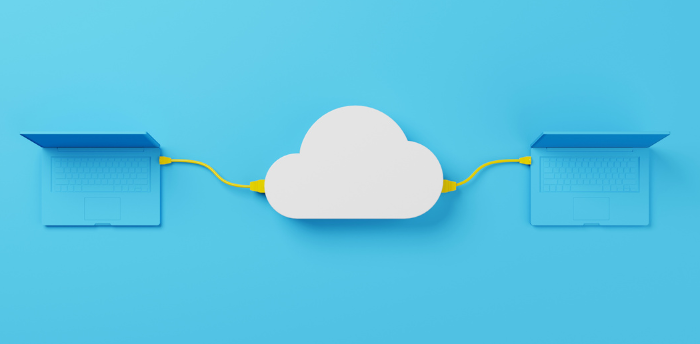Share
Author
Sam Bayer
Share
Single Stack B2B eCommerce
Forrester and Netsuite hosted an InternetRetailer webinar this week entitled “New Research: Mid-Market B2B Sellers Embrace Unified Approach to eCommerce”. While the concept of a single stack, or unified approach, to eCommerce is not new to us at Corevist…it is our founding architectural principle…the Forrester study does offer some great statistical data that makes us seem really really smart.
So I just had to share :-).
To begin with, what Forrester means by single stack eCommerce is that operational and transactional data lives in only one place, the ERP system. Customers, orders, products, prices, inventory, deliveries, invoices, credit limits etc etc etc only live in one place…in their case Netsuite, and in our case SAP ERP. The user experience is separated from the business aspects of the ERP system and none of the business objects are duplicated and maintained on two different platforms. Netsuite has built their SuiteCommerce solution from the ground up to be a single stack solution.
Single stack means one ERP transactional system combined with a rich and friendly user experience. It doesn’t mean two ERP class systems that are glued together with intricate duplication and synchronization technologies and methodologies. Think SAP hybris and their datahub approach to integrating with SAP ERP versus Corevist’s Magento-SAP approach. Check out the SAP hybris datahub course content here. According to the outline, they provide hands on training on “defining the raw and canonical data model, writing custom composition handlers, target system definition, look-up tables, data publication to the hybris Commerce Suite and flow automation via events”.
Compare that to what you as an eCommerce professional need to know with the Corevist integration approach.
That’s the difference between the complexity of multiple stacks that have to be integrated versus the single stack approach. :-)
So what has Forrester learned in their survey of 352 mid-market Manufacturers?
There are four big takeaways:
- Mid-market B2B buyers are driving B2B sellers online. I still run into the occasional Manufacturer who is still wondering why they need to go online, but thank goodness that those conversations are much rarer nowadays.
- 42% of the survey respondents believe that 50% of their customers will buy online in 3 years. That might be a little ambitious of a prediction, but even if 30% buy online in 5 years that’s still pretty significant.
- >40% of respondents increased their online revenues by >20% in the last 12 months. Manufacturers are embracing the benefits of; better customer engagement, direct relationship with customers and gaining a competitive edge and saving money with a more efficient customer support model.
- Single stack, cloud based solutions have distinct advantages for mid-market sellers. Although we’ve always felt that the key value of the single stack architecture was the speed with which we could go live, the survey has uncovered many others. The top three business benefits stated where; easier to keep up with innovations, faster to implement and easily scalable to support business growth. Here are some of the detailed responses:
- 63% felt that it made it easier to maintain their system
- 60% felt that it gave them greater agility (I’m sure that is a consequence of simpler maintainability)
- 57% said it streamlined their business operations
- 51% enjoyed the centralized source of real time data
- 43% appreciated that the system was integrated and operational out of the box
- only 25% cared about the fact that they didn’t have to hire specialized IT staff and could focus on their business (frankly I really don’t get why so few people cared about that. Part of a full employment policy???)
- Sellers prioritize eCommerce investments and lean towards single stack solutions. The number one funded project across all respondents was eCommerce followed by Mobile, CRM and Web Content Management tools. At least in the mid-market, it seems as if eCommerce’s day has finally come. :-) 62% of the respondents indicate that they will be implementing a single stack solution as opposed to 36% who say they will implement a standalone eCommerce solution.
- eCommerce solutions drive business benefits – and even more so with single stack approaches. The top five business benefits identified by the respondents were:
- 66% indicated an increase in customer average order value
- 63% received assistance in acquiring new customers
- 59% had greater customer loyalty and retention
- 58% measured an increase in customer profitability
- 52% were able to upsell/cross-sell more products (probably a key contributor to items #1 and #4)
Finally, Forrester’s (and our) conclusions and recommendations:
- “Prepare to shift the focus of, and upskill, your sales force as more customers buy online.
- Recognize the efficiencies of single-stack approaches.
- Look at cloud-based solutions to help ease IT burdens.
- Consider that digital is bigger than commerce.”
Thanks Netsuite for sponsoring this Forrester study. It’s an honor to have our strategy validated by a company that has grown 30% a quarter for the past 15 quarters!
Sam









